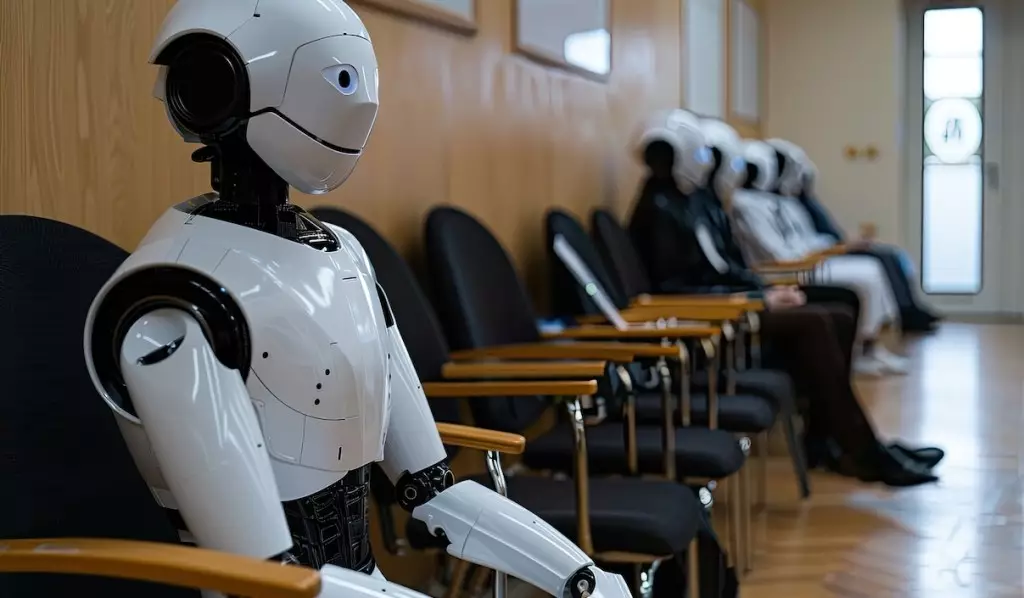Recent surveys reveal that nearly half of the American population grapples with significant concerns regarding their personal finance. More alarmingly, the need for financial security weighs heavily on their minds. A staggering 68% of individuals express anxiety over insufficient retirement savings, while concerns about an ever-increasing cost of living touch 56% of Americans. Other financial burdens—like managing existing debt (45%)—compound the emotional strain felt by many. This financial unease is more pronounced among working Americans, with 62% reporting an experience of moderate to significant anxiety regarding their finances.
Among the many variables influencing these sentiments, inflation emerges as the principal concern for 62% of respondents. Debt associated with credit cards buries an additional 34% of citizens under its weight, while expenses related to housing and medical bills do no favors for 31% and 25% of individuals, respectively. In stark contrast to these disquieting statistics, only a mere 20% of people feel a sense of financial stability.
Diving deeper into the workforce dynamic, job satisfaction is waning, increasing the likelihood of people seeking new employment. According to Pew Research Center, only 30% of workers express high satisfaction with their current pay. The repercussions of this dissatisfaction manifest as a growing trend of job searching, with 56% of Americans planning to explore new job opportunities within the year. Notably, 27% of those individuals have already initiated their job search—indicating a proactive approach to capitalizing on employment markets that offer better financial rewards.
Supporting this notion, Gallup’s statistics reinforce that over half (51%) of employees are either observing the job market or actively embarking on a job hunt. This surge in job-seeking behavior highlights a common reaction to fears surrounding job loss and economic instability.
Particularly in the technology sector, the financial outlook for software engineers appears paradoxically optimistic against a backdrop of labor market instability. Research indicates that a robust demand for AI software and hardware developers has led to salary increases, which are approximately 17% higher than the national average. Notably, despite widespread layoffs within the tech industry, wages for software developers have increased by 12% year-over-year, accentuating the unique challenges and opportunities present in this field.
While a significant pay differential may entice job seekers, it also cultivates a competitive environment among software engineers. Consequently, it becomes imperative for candidates to actively seek ways to distinguish themselves from their peers to secure desirable roles.
In this highly competitive job market, the adoption of artificial intelligence serves as a litmus test for entering the ranks of coveted tech positions. A survey by BairesDev pointed out that an overwhelming 72% of software engineers have begun implementing generative AI into their work processes. Meanwhile, 48% use this technology daily, although a notable 40% remain skeptical about AI’s ability to save valuable time in their workload.
Despite hesitations, generative AI presents formidable advantages for software engineers engaged in job hunting. For those daunted by the task of crafting resumes and cover letters, AI-driven resume builders allow for the creation of personalized documents that highlight essential skills while optimizing them for applicant tracking systems (ATS). Moreover, tools such as ChatGPT can tailor interview preparation by providing specific questions relevant to potential jobs—an invaluable asset for ensuring adequate readiness before crucial discussions.
Navigating a crowded job market can be overwhelming, but generative AI offers solutions tailored for those time-pressed developers aspiring to shift jobs. Platforms like Amply’s Robin, an AI-powered job search assistant, streamline the process by matching engineers with roles aligned to their competencies and preferences. The seamless conversational interface enables users to communicate their skills and ambitions, thus simplifying the job search experience and minimizing unnecessary scrolling.
Additionally, generative AI empowers users by granting the ability to inquire about sensitive topics, like salary ranges and benefits, in a more comfortable manner without direct engagement with hiring managers. Recognizing the growing influence of AI, leading organizations—including Microsoft—are launching AI agents to enhance the hiring experience.
As financial apprehension continues to permeate American society, the interplay between job satisfaction and economic reality becomes increasingly critical. For software engineers, an array of tools powered by artificial intelligence offers the potential to not only ease the burdens of job searching but also enhance their competitive edge. Embracing AI-driven solutions may very well provide the necessary advantage to navigate and thrive within today’s turbulent job market. With resources like the VentureBeat Job Board at their fingertips, job seekers in tech can discover a wealth of opportunities tailored to their skills and aspirations.

